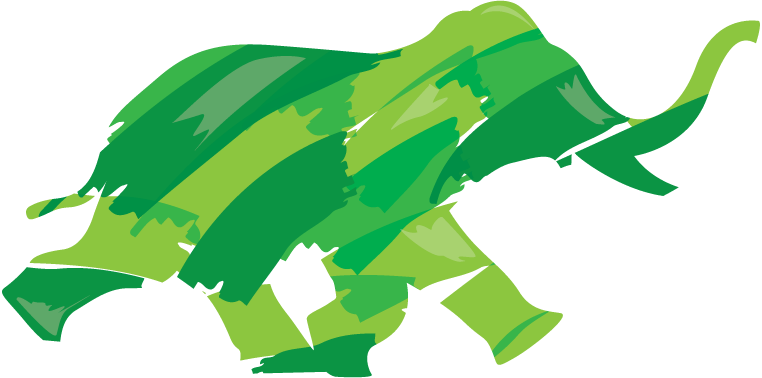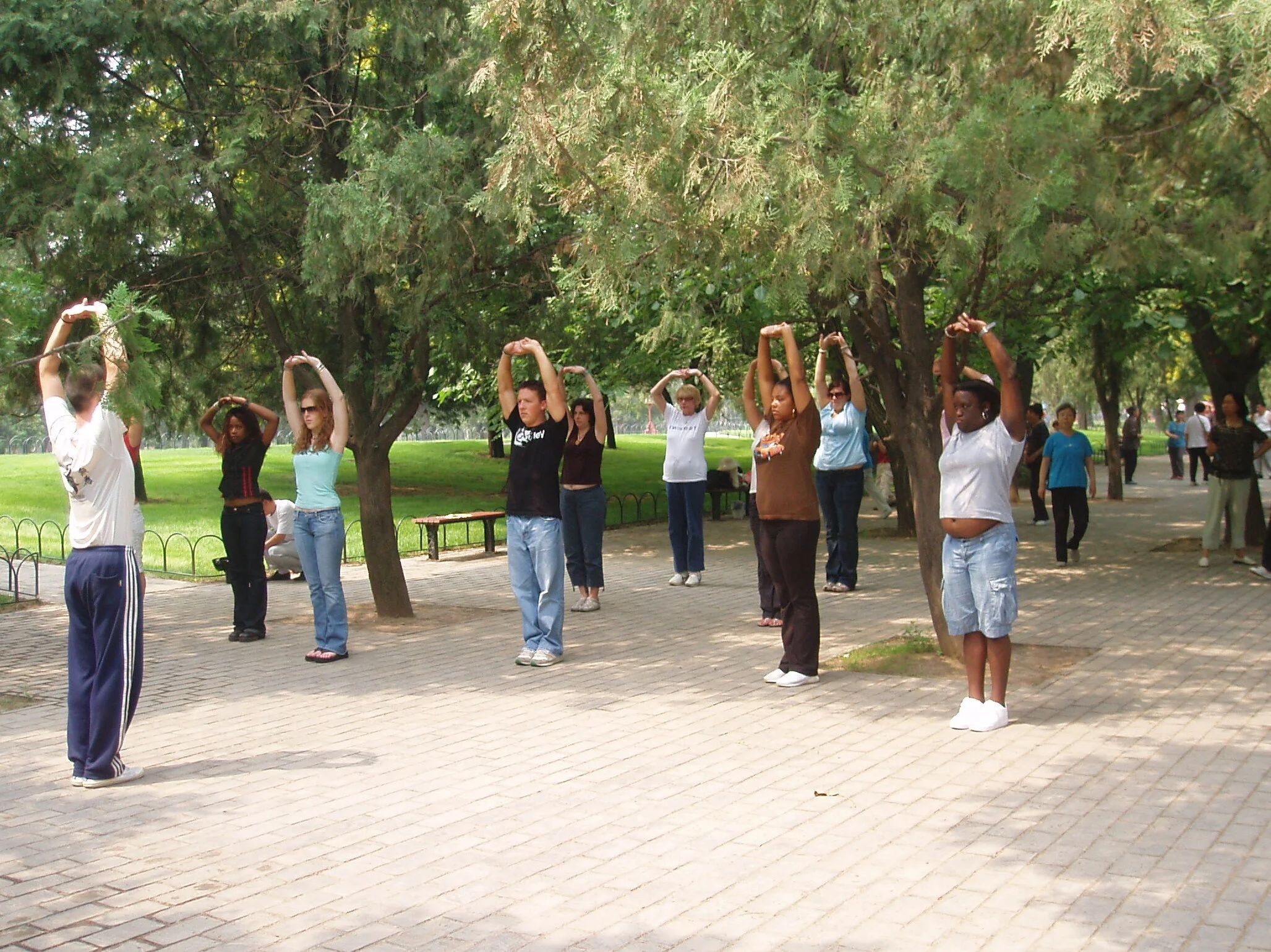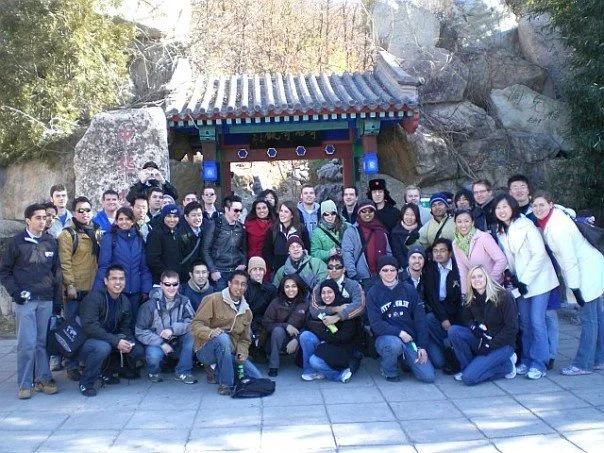Mission Statement
Who We Are
Academic Experiences Abroad (AEA) provides international, educational immersion on a local level, designed to bring people around the world closer to understanding, appreciating, and meeting one another in meaningful ways.
Our Approach
As travelers, we are guests in the communities and homes we visit. AEA emphasizes:
- Respect for and learning directly from locals
- Building genuine personal connections through shared experiences
- Practicing responsible and sustainable travel
- Actively increasing our positive impact on people and the planet
Why It Matters
Our mission is to connect students, educators, and alumni with opportunities to meet people across cultures, foster understanding, and develop global awareness. Every program we create is about more than just travel — it’s about people, relationships, and the lasting bonds that come from shared experiences.
One of our groups learning Tai Chi in the early morning at a park in Beijing
What is AEA Doing to Be Sustainable?
Carbon Neutral Commitment
In our effort to become more sustainable, AEA has carefully measured our company operations’ carbon footprint. We now remove enough carbon through Climeworks to operate as a carbon-neutral company in terms of our US operations.
Supporting Global Solutions
In addition to offsetting our own impact, AEA contributes roughly 5% of our net profits annually to non-profit organizations worldwide that focus on:
- Climate solutions such as methane capture
- Clean water and nutrition initiatives
- Vaccinations and healthcare access
- Programs supporting the world’s most at-risk populations
Inspiration and Action
Where did we get these ideas? Some of them came from Peter Singer’s book, The Life You Can Save, which can be downloaded for free.
We encourage you to read it and consider what you, too, can do to help make the world a better place.
AEA’s approach to sustainability is about more than offsetting carbon — it’s about investing in people, communities, and long-term solutions that protect both the planet and its most vulnerable populations.
One of our groups in Ghana learning about food sustainability
Our Travels Impact People and Planet
From the resources we consume to the people we meet, the cultures we engage with to the foods we eat, our travels are not just about us. We want our impact to be better rather than worse.
Prioritize Local Needs in Your Program Planning
Is there a drought in the region you want to travel? Should you consider alternate destinations? Do local schools or clinics want or need support? Will your presence be more of a burden than a blessing?
AEA develops and maintains strong relationships with our in-country managers and teams. Together, we constantly assess whether our programs are collectively beneficial.
Know Your Role
You are a guest in someone else’s country — and sometimes in their home. Respect their customs and culture. Be open to learning and to discussions about your own.
Learn from a Local
There’s no better way to understand a place, culture, challenges, and triumphs than directly from locals. AEA can arrange special visits and guest lectures with entrepreneurs, experts, artists, and more.
Consider Your Carbon Footprint
Carry a reusable bag and water bottle whenever possible. Limit purchases that involve excessive plastic or animal parts. Educate yourself about offsetting, onsetting, and the social cost of carbon.
Travel closer to home when you can, and if you do go overseas, consider limiting flights to a single country per trip. Learn more from Elephant in the Sky.
Bring Needed Supplies
There is always demand for supplies to support projects, schools, and communities. If you’re unsure what’s most needed, please ask AEA — we’ll guide you.
One of AEA’s first groups in the mid-2000’s
How Did AEA Get Started — and Why?
The Early Vision
It may be hard to imagine a time when few people from the United States were visiting Asia (aside from COVID times!), but Academic Experiences Abroad (AEA) founder and director, Sam Brier, remembers it well.
After nearly a decade working with universities and NGOs in Japan, China, Laos, Thailand, and East Timor, Sam returned to the U.S. in 2003 with a vision: to establish educational and experiential opportunities for cross-cultural exchange and understanding.
At the time, tensions between China and the U.S. were high (the Spy Plane incident), the Bird Flu dominated global news, and very few Americans were traveling to Asia.
Launching AEA
In 2005, with the goal of creating unique programs for university groups, Academic Experiences Abroad was officially launched. It took nearly three years of preparation before the first programs ran in 2007.
The programs were so successful that university partners began asking for AEA to design programs in Brazil, Ghana, and Europe. From there, opportunities quickly expanded.
Growth and Expansion
As our partners’ needs evolved, so did we. Today, AEA continues to:
- Facilitate human connection across cultures
- Deliver customized, experiential learning programs
- Expand well beyond Asia to Europe, Latin America, Oceania, the Caribbean, the Middle East, and Africa
Adapting in Challenging Times
In 2020, as a response to COVID-19, AEA launched the Global Learning Library — an online platform for connecting and learning from people around the world.
The platform continues to thrive, offering meaningful opportunities for connection even when travel is not possible.




